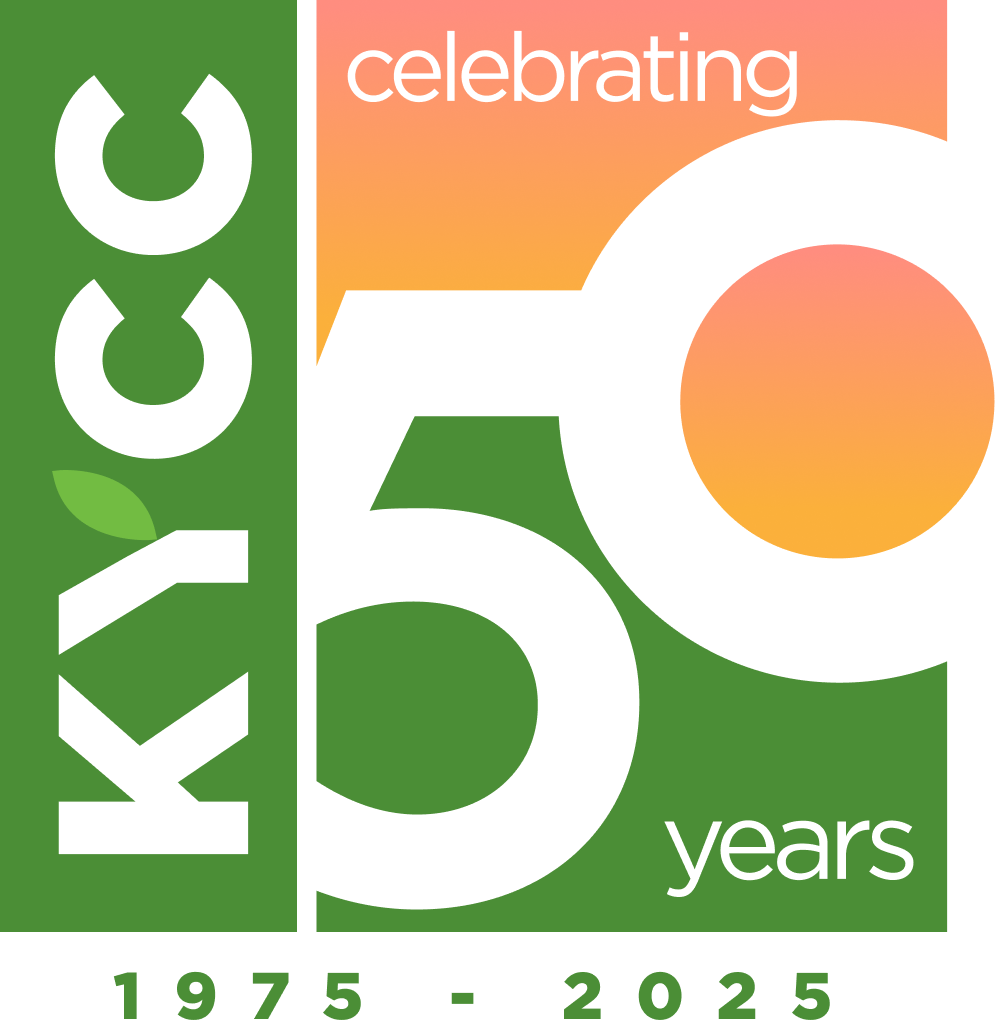October 17, 2016
KYCC Trains Community Organizers to Combat Alcohol Outlet Density
KYCC’s Prevention Education launched a Community-Based Participatory Research (CBPR) group this year to understand the impact of alcohol outlet density in the Pico-Union and Westlake neighborhoods of Los Angeles.
This group of 16 women is entirely comprised of Spanish-speaking mothers and grandmothers, many of whom were previously involved in alcohol outlet density-related work with KYCC in our substance abuse prevention parent programs.
“I feel that I’ve helped [my community] by sharing the knowledge with my neighbors and friends,” says Rosa Reynoso, a CBPR member. “Together, we can make changes that will improve the environment for all families.”
KYCC’s Community Organizers Paula Escobar and Mayra Jiménez facilitate weekly meetings, support the parents and provide training so that the community leaders are well-equipped to carry out their projects.
This project focuses on the community environment and its impact on the quality of life for residents. The group has mapped Pico-Union and Westlake, and developed and conducted a community survey on trash, as well as the prevalence of drugs, alcohol and violence.
In August and September, CBPR outreached at community resource fairs at LAPD Rampart Station, The Universal Church and St. Thomas the Apostle School, utilizing the opportunity to collect data from large groups of local residents. “CBPR shifts the power dynamics of research,” says Escobar. “Typically research comes from the experts. This is different because every step of the research process—data collection, data analysis, findings, recommendations—is decided by and belongs to the parents.”
Ultimately, the data collected and the analysis can be used in many ways. KYCC, through the Coalition to Prevent Alcohol-Related Harms in L.A. Metro, hopes to include these voices in their advocacy plan to create zones in each Council District where no more alcohol licenses can be issued.
Despite advocacy goals, the focus of CBPR lies in the transformative experience for all participants involved. “At the end of the day,” Escobar adds, “we want to the parents to be able to walk away and say ‘We did this research, and we can do it again.’”
This program is funded by the Los Angeles County of Public Health, Substance Abuse Prevention and Control Division, and is part of the Coalition to Prevent Alcohol-Related Harms in L.A. Metro, a group of seven community-based organizations in L.A. County’s Service Planning Area 4. KYCC is the lead organization in CoPALM, which addresses community health, including substance use.

